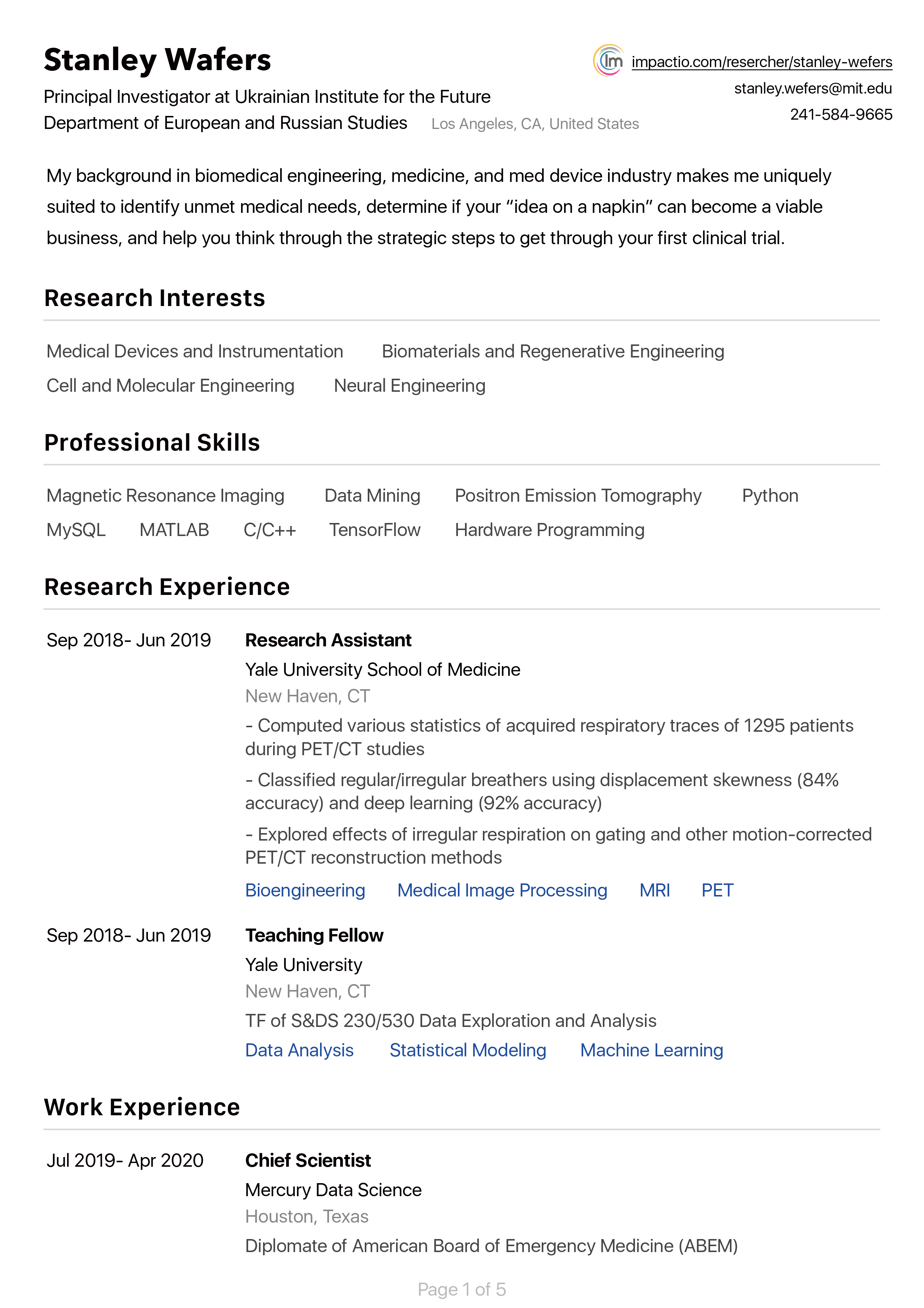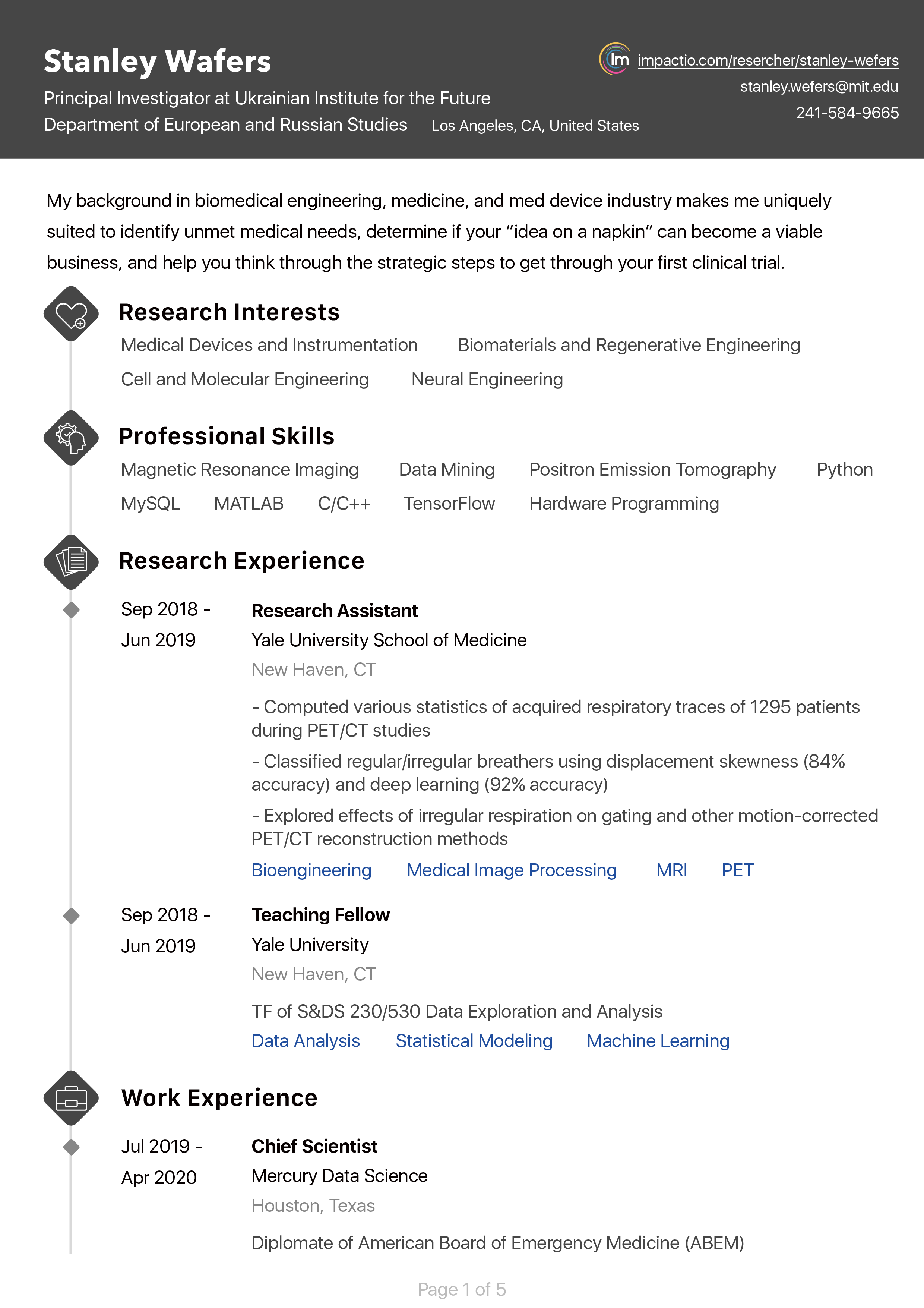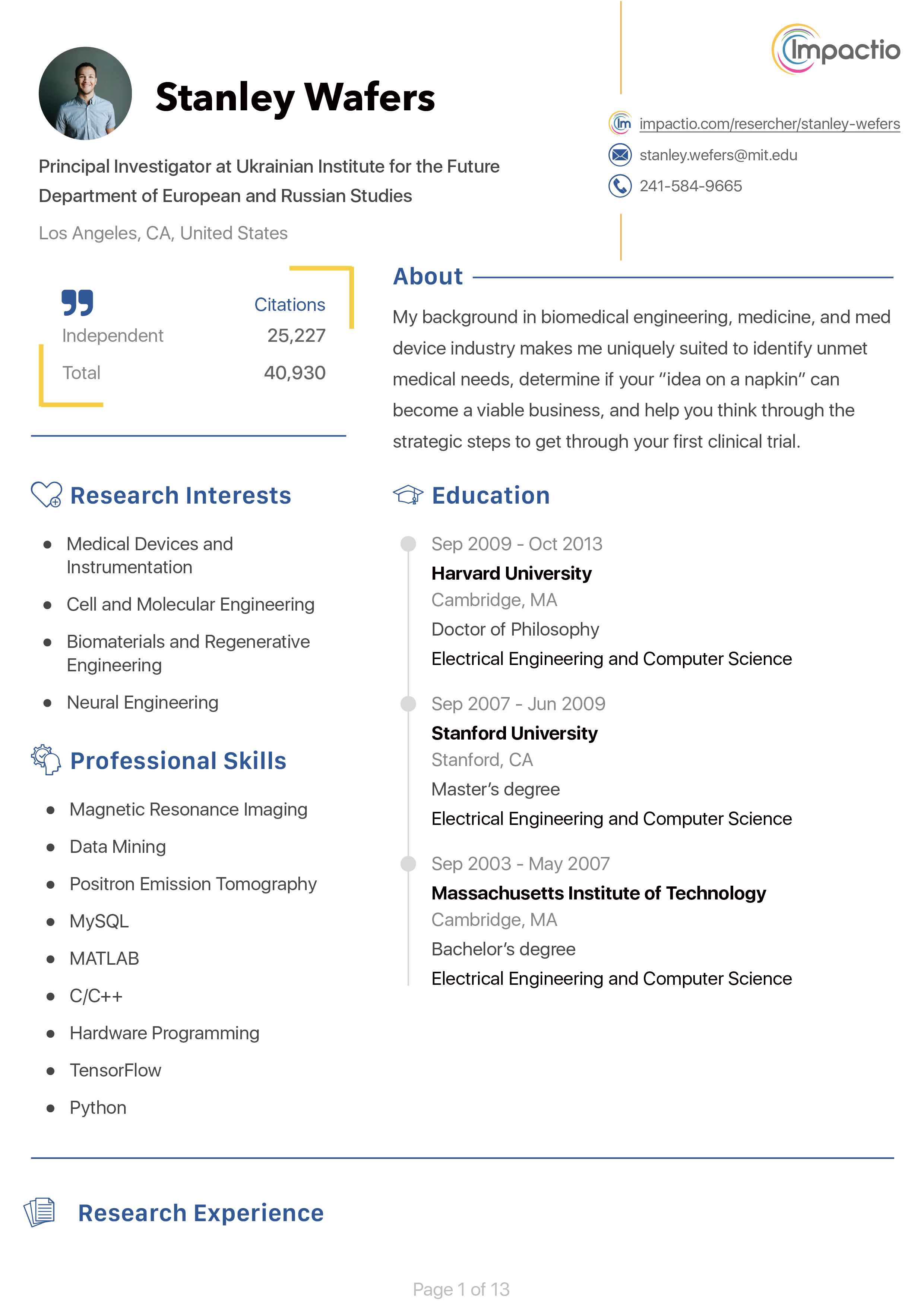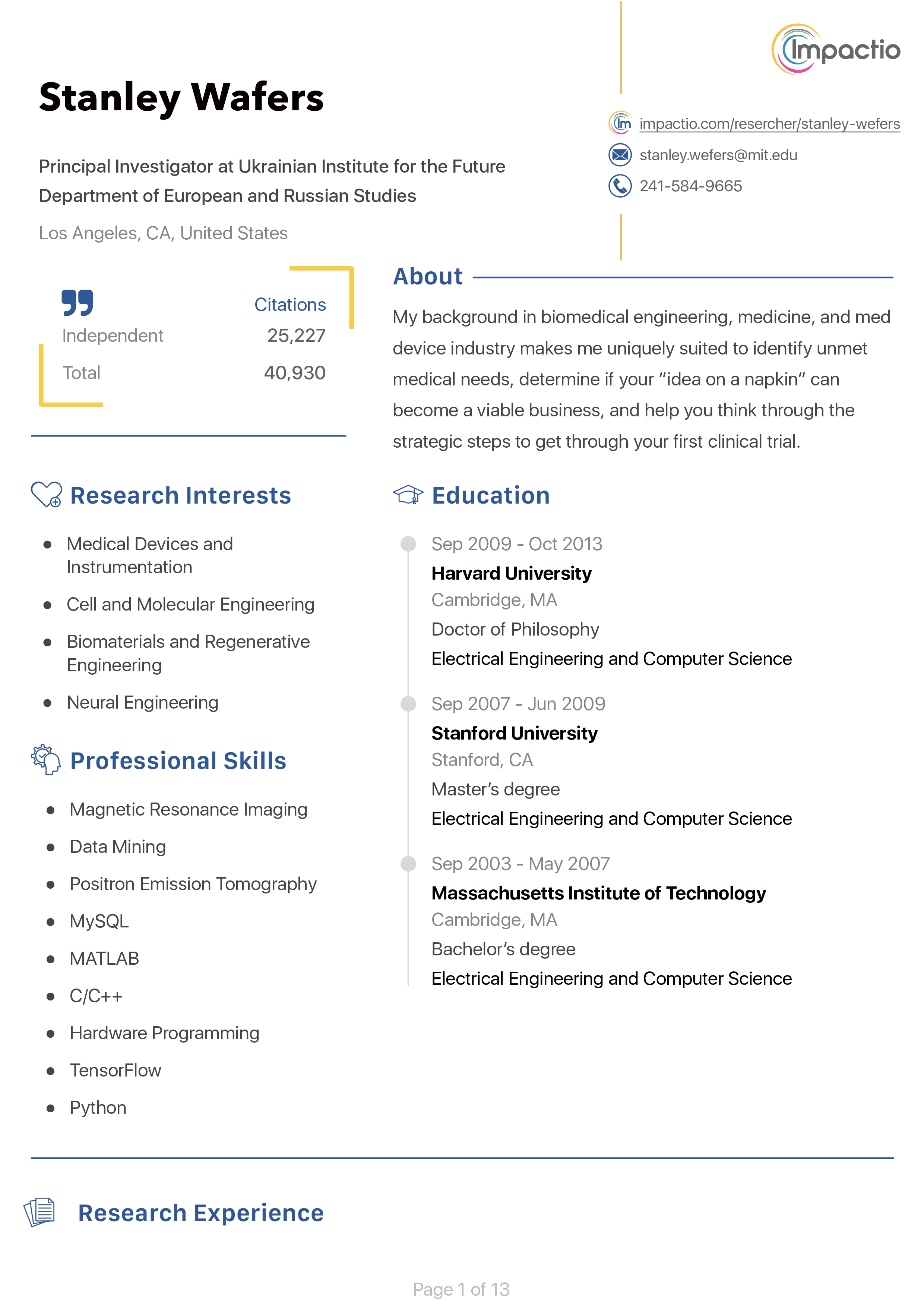About
Thirumaran K. currently works at James Cook University Singapore. Thirumaran does research in cultural and luxury tourism.
Tourism Management
Tourism
Hospitality & Tourism Management
Tourism Marketing
Hospitality & Tourism
Sustainable Tourism
Tourism Development
National University of Singapore
2003 - 2006
Doctoral Degree
, Southeast Asian Studies
Tourism & Hospitality
University of Wisconsin Madison
1995 - 1995
Master's Degree
, Southeast Asian Studies
Business
University of Oxford
1994 - 1994
Postgraduate
, Political Economy
Summer School
Indiana State University
1992 - 1993
Master's Degree
, Political Science
Indiana State University
1989 - 1991
Bachelor's Degree
, Political Science and Economics
University of Iowa
1994
Postgraduate
, Government & Politics
Summer School
Transformational Tourism
Research Project
Service Excellence in Tourism & Hospitality: Insights from Asia
This is a call for chapter contributions to an upcoming edited volume in Springer. Concept papers, research or case studies that examine service excellence in the context of operations and logistics will be given serious consideration. Papers should also contain both theory and practices observed. The contributions can adopt, but are not limited to one of the following themes:
1. How can service designs result in customer delight?
2. How can customer-oriented service operations lead to service excellence?
3. Strategies for enhancing service operations
4. Measuring and controlling service provision to achieve optimum outcomes
5. Strategic management of logistics
6. Current issues and trends
Abstracts of approximately 500 words can be submitted to directly to: chunmeng.tang@jcu.edu.au by 30 Oct 2019.
You may direct queries to the book editors: chunmeng.tang@jcu.edu.au Copy to dirk.klimkeit@dhbw-stuttgart.de and k.thirumaran@jcu.edu.au
Later, the full manuscript submission deadline for selected articles is 30 Dec 2019. All papers submitted will be double-blind peer-reviewed and only recommended papers will be included in an edited book published with Springer. The expected date of publication is by mid-2020.
Call for book chapters: Tropical Constrained Environments, Sustainable Adaptations: Businesses and Communities
Call for Chapter Contributions (Publisher: Springer)
The book intends to address ways in which businesses and communities adapt to constrained environments. Constrained environments are unique territories characterised by challenging man-made circumstances, or limited natural resources. These can be places with a small municipal boundary or cities in which policy decisions may have imposing limitations, can also serve to limit capacity for business expansion and community survival.
The literature on tropical urbanism has been growing over the years and have focused mainly on climate and environmental related conditions, and resilience. However, little attention has been paid to investigate constrained environments in tropical and sub-tropical regions and the mutual relationship between urban planning, communities, and businesses. This book aims to fill this gap by consolidating existing lenses of urbanism and creating new knowledge and practices that identify the quintessential changes in the environment and business landscapes with differing responses from communities by tracing their changes, interrelations, and evolution over the years.
This publication aims to investigate resource-constrained environments in the tropics and subtropics where people’s lives and businesses are affected, and adaptations occur periodically. Indeed, successful communities and businesses tend to survive in a changing environment given their strong intuitive and forward-looking adaptations.
We are particularly interested in the role of urban planning and design; public policy and global frameworks in the sustainability of businesses and adaptations by communities. We aim to receive contributions covering one, or more, of the following topics:
• Communities, businesses, and planning in constrained environments: issues, challenges and opportunities;
• Policy and living in constrained environments: Management, Strategies and Regulation;
• The future of constrained environments in the Tropics and sub-Tropics (case studies).
And following questions:
• What form does planning take in the diversifying “constrained” city?
Limited land and resources, and impact on planning policies: Tactics, Strategies, and Regulation;
• Urban planning and design in the resource constrained tropics and subtropics: institutional issues, and infrastructural problems;
• Mobility and transportation in constraint environments;
• The use of big data and smart technologies in the urban development of land-constrained cities;
• Development of (sustainable) business clusters within land-constrained environments and their social and urban impact;
• Securitisation, commodification, and privatisation of urban spaces as consequence of rising flows of people (migrants, expats, and tourists) towards tropical land-constrained environments;
• Sustainable conservation & heritage of traditional villages and tourism consumption in constrained environments;
• How do people and communities respond to state and/or municipal policies? Communities’ adaptations and resilience in constrained environments.
The edited book will include a collection of relevant concepts and cases covering the interrelationships between planning, businesses and communities in constrained environments. Selected publications are expected to be based upon theoretical and empirical studies, or evidence-based analysis based upon strong qualitative and quantitative data. Through a diversity of interdisciplinary approaches, we aim to add constrained environmental conditions to the discussions around planning and design and then inform the empirical discourse. Additionally, this work will include selected case studies representing cities that show unique relations and patterns between the built and natural environment, tourism consumption, business development, and social resilience and adaptations.
Publication timeline
• Proposal Submission (max 600 words): 1 Nov 2019
• Notification of Acceptance of Proposals: 15 Nov 2019
• Full Chapter Submission (min 5,000 - max 7000 words): 30 April 2020
• Review Results Returned: 30 May 2020
• Revised Chapter Submission: 15 July 2020
• Full Acceptance Notification: 15 Aug 2020
• Final Chapter Submission: 31 August 2020
For Submission of chapter proposals: https://forms.office.com/Pages/ResponsePage.aspx?id=6MSoMM0eFE-Amfc0gqetwCPtoJwrLC1Mr7jr30UbyY1UREhCTkkyTlJPOFoxV1pZMk0zRjZIUFMwUi4u
Editors
• Simona Azzali, James Cook University Singapore, email: simona.azzai@jcu.edu.au*
• K. Thirumaran, James Cook University Singapore, email: k.thirumaran@jcu.edu.au
*For further inquiries, please contact Dr Simona Azzali from James Cook University Singapore at: simona.azzali@jcu.edu.au
journal
chapter
Transformational Tourism
Research Project
Service Excellence in Tourism & Hospitality: Insights from Asia
This is a call for chapter contributions to an upcoming edited volume in Springer. Concept papers, research or case studies that examine service excellence in the context of operations and logistics will be given serious consideration. Papers should also contain both theory and practices observed. The contributions can adopt, but are not limited to one of the following themes:
1. How can service designs result in customer delight?
2. How can customer-oriented service operations lead to service excellence?
3. Strategies for enhancing service operations
4. Measuring and controlling service provision to achieve optimum outcomes
5. Strategic management of logistics
6. Current issues and trends
Abstracts of approximately 500 words can be submitted to directly to: chunmeng.tang@jcu.edu.au by 30 Oct 2019.
You may direct queries to the book editors: chunmeng.tang@jcu.edu.au Copy to dirk.klimkeit@dhbw-stuttgart.de and k.thirumaran@jcu.edu.au
Later, the full manuscript submission deadline for selected articles is 30 Dec 2019. All papers submitted will be double-blind peer-reviewed and only recommended papers will be included in an edited book published with Springer. The expected date of publication is by mid-2020.
Call for book chapters: Tropical Constrained Environments, Sustainable Adaptations: Businesses and Communities
Call for Chapter Contributions (Publisher: Springer)
The book intends to address ways in which businesses and communities adapt to constrained environments. Constrained environments are unique territories characterised by challenging man-made circumstances, or limited natural resources. These can be places with a small municipal boundary or cities in which policy decisions may have imposing limitations, can also serve to limit capacity for business expansion and community survival.
The literature on tropical urbanism has been growing over the years and have focused mainly on climate and environmental related conditions, and resilience. However, little attention has been paid to investigate constrained environments in tropical and sub-tropical regions and the mutual relationship between urban planning, communities, and businesses. This book aims to fill this gap by consolidating existing lenses of urbanism and creating new knowledge and practices that identify the quintessential changes in the environment and business landscapes with differing responses from communities by tracing their changes, interrelations, and evolution over the years.
This publication aims to investigate resource-constrained environments in the tropics and subtropics where people’s lives and businesses are affected, and adaptations occur periodically. Indeed, successful communities and businesses tend to survive in a changing environment given their strong intuitive and forward-looking adaptations.
We are particularly interested in the role of urban planning and design; public policy and global frameworks in the sustainability of businesses and adaptations by communities. We aim to receive contributions covering one, or more, of the following topics:
• Communities, businesses, and planning in constrained environments: issues, challenges and opportunities;
• Policy and living in constrained environments: Management, Strategies and Regulation;
• The future of constrained environments in the Tropics and sub-Tropics (case studies).
And following questions:
• What form does planning take in the diversifying “constrained” city?
Limited land and resources, and impact on planning policies: Tactics, Strategies, and Regulation;
• Urban planning and design in the resource constrained tropics and subtropics: institutional issues, and infrastructural problems;
• Mobility and transportation in constraint environments;
• The use of big data and smart technologies in the urban development of land-constrained cities;
• Development of (sustainable) business clusters within land-constrained environments and their social and urban impact;
• Securitisation, commodification, and privatisation of urban spaces as consequence of rising flows of people (migrants, expats, and tourists) towards tropical land-constrained environments;
• Sustainable conservation & heritage of traditional villages and tourism consumption in constrained environments;
• How do people and communities respond to state and/or municipal policies? Communities’ adaptations and resilience in constrained environments.
The edited book will include a collection of relevant concepts and cases covering the interrelationships between planning, businesses and communities in constrained environments. Selected publications are expected to be based upon theoretical and empirical studies, or evidence-based analysis based upon strong qualitative and quantitative data. Through a diversity of interdisciplinary approaches, we aim to add constrained environmental conditions to the discussions around planning and design and then inform the empirical discourse. Additionally, this work will include selected case studies representing cities that show unique relations and patterns between the built and natural environment, tourism consumption, business development, and social resilience and adaptations.
Publication timeline
• Proposal Submission (max 600 words): 1 Nov 2019
• Notification of Acceptance of Proposals: 15 Nov 2019
• Full Chapter Submission (min 5,000 - max 7000 words): 30 April 2020
• Review Results Returned: 30 May 2020
• Revised Chapter Submission: 15 July 2020
• Full Acceptance Notification: 15 Aug 2020
• Final Chapter Submission: 31 August 2020
For Submission of chapter proposals: https://forms.office.com/Pages/ResponsePage.aspx?id=6MSoMM0eFE-Amfc0gqetwCPtoJwrLC1Mr7jr30UbyY1UREhCTkkyTlJPOFoxV1pZMk0zRjZIUFMwUi4u
Editors
• Simona Azzali, James Cook University Singapore, email: simona.azzai@jcu.edu.au*
• K. Thirumaran, James Cook University Singapore, email: k.thirumaran@jcu.edu.au
*For further inquiries, please contact Dr Simona Azzali from James Cook University Singapore at: simona.azzali@jcu.edu.au
journal
chapter
Realted Researchers









